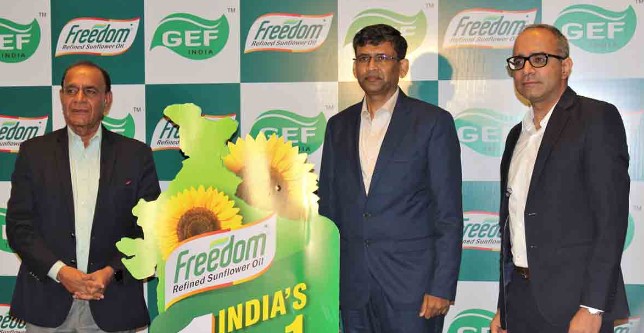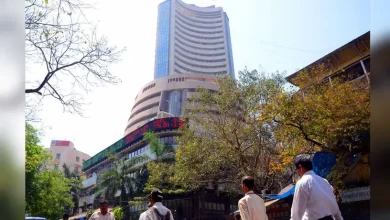Gemini Edibles and Fats to set up an edible oil manufacturing unit with Rs 500 cr in Telangana

Riding on Telangana Government’s push to alternate crops like palm and oil seeds, Hyderabad-based Gemini Edibles and Fats India has decided to set up an integrated edible oil manufacturing plant in Telangana with Rs 500 crore in about 50 acre. It will have a 1,000 tonne per day capacity, said Pradeep Chowdhry, Managing Director of Gemini Edibles and Fats (GEF).
This will be the first of its kind plant coming up in the landlocked Telangana State. Its other plants are port-based as it imports crude oil for refining. “Telangana planned palm cultivation in about eight lakh hectares. Plantations are underway and they will come to fruition in about seven years. We will have enough opportunity to process edible oils in Telangana itself. It will also have a solvent extraction facility,” he said.
The company is hopeful of finalising the land in three months. It will take about two years for the manufacturing facility to be ready and it will handle sunflower, cotton, palm and rice bran. GEF now has three refining units in Kakinada and Krishnapatnam with a combined capacity of Rs 2,615 metric tonne per day.
Meanwhile, GEF’s flagship brand Freedom Refined Sunflower Oil has been ranked No 1 brand by volume sales in the sunflower oil segment in India, according to Nielsen IQ data on Refined Oil Cons Pack (ROCP) market in India for the year ending March 2022. It is now present in Telangana, Andhra Pradesh, Karnataka and Odisha. It has plans to expand to Tamil Nadu, Kerala and later to Chhattisgarh, Jharkhand, Uttar Pradesh, and West Bengal. GEF is the higher importer of crude sunflower oil and processor in India, said P Chandra Shekara Reddy, Senior Vice President (Sales and Marketing), Freedom Healthy Cooking Oils Sales
Edible oil pricing trends
According to Chowdhry, sunflower oil stocks coming from Ukraine have been affected due to the war and the prices have gone up. However, exports from Russia and Argentina to India have increased during the same time. This ensured that the prices did not spiral further. Indonesia resumed the exports of crude palm due to excess stocks. This also resulted in the prices of palm oil coming down.
Soya had earlier peaked $ 2,000 per tonne and it has now come down to $1,500 per tonne. Sunflower, which touched $ 2,400, is now being imported at $ 1,800 per tonne. Palm, whose price rose to $1,850 per tonne, is now bought at $ 1,300 per tonne. The current prices are still higher compared to the situation two years ago when palm was around $ 500 and soya $ 800 per tonne. “Farmers did not get the right price for many years. However, the comparatively high prices now are sustainable and median prices will protect the interests of farmers as well as consumers,” said Chowdhry.
IPO
The company has already filed a Draft Red Herring Prospectus to go public. It is expecting to raise about Rs 2,500 crore. Existing investor private equity fund Proterra Investment Partners is planning a partial exit. The price band will be fixed shortly. The company recorded revenues of Rs 10,500 crore for the year ended March 2022, up from Rs 7,500 crore the previous year, due to rise in prices of edible oils. This year it is hoping to touch Rs 12,000 crore due to rise in volumes.







